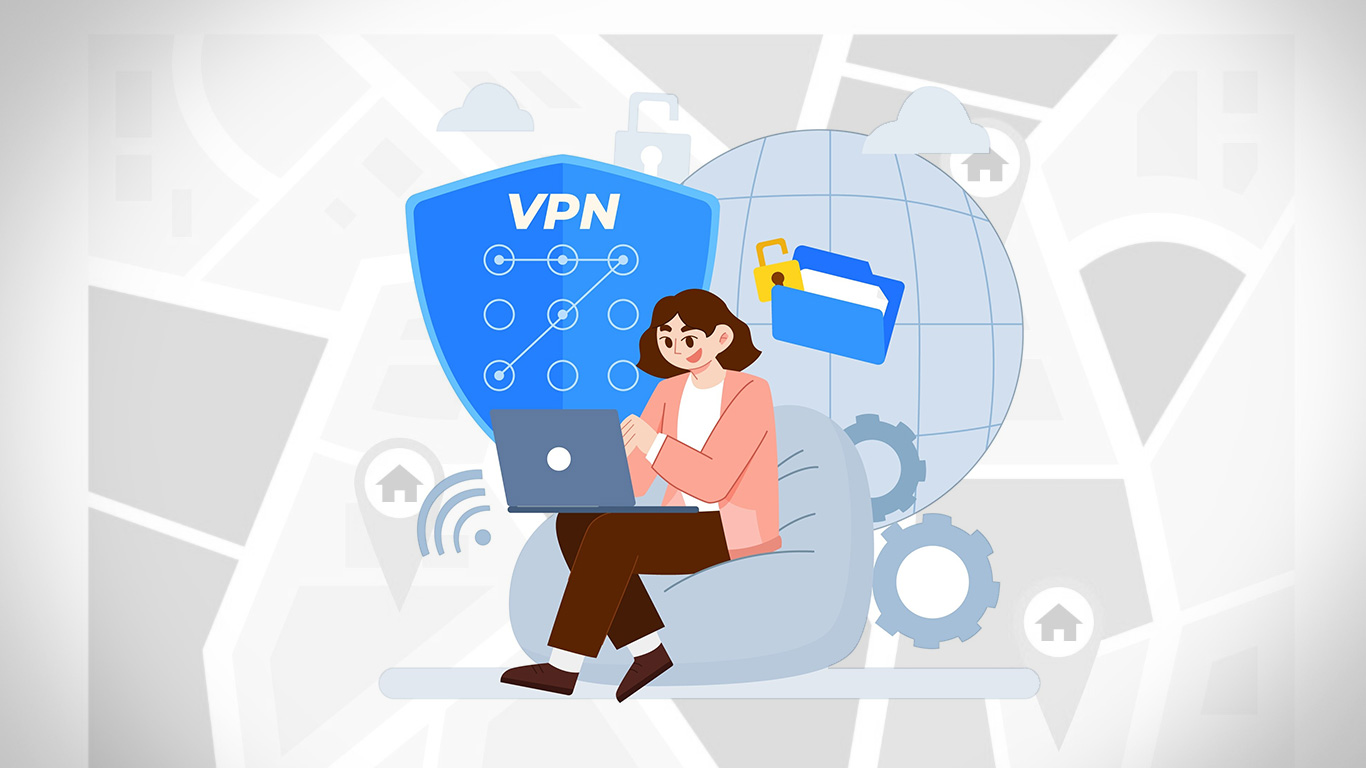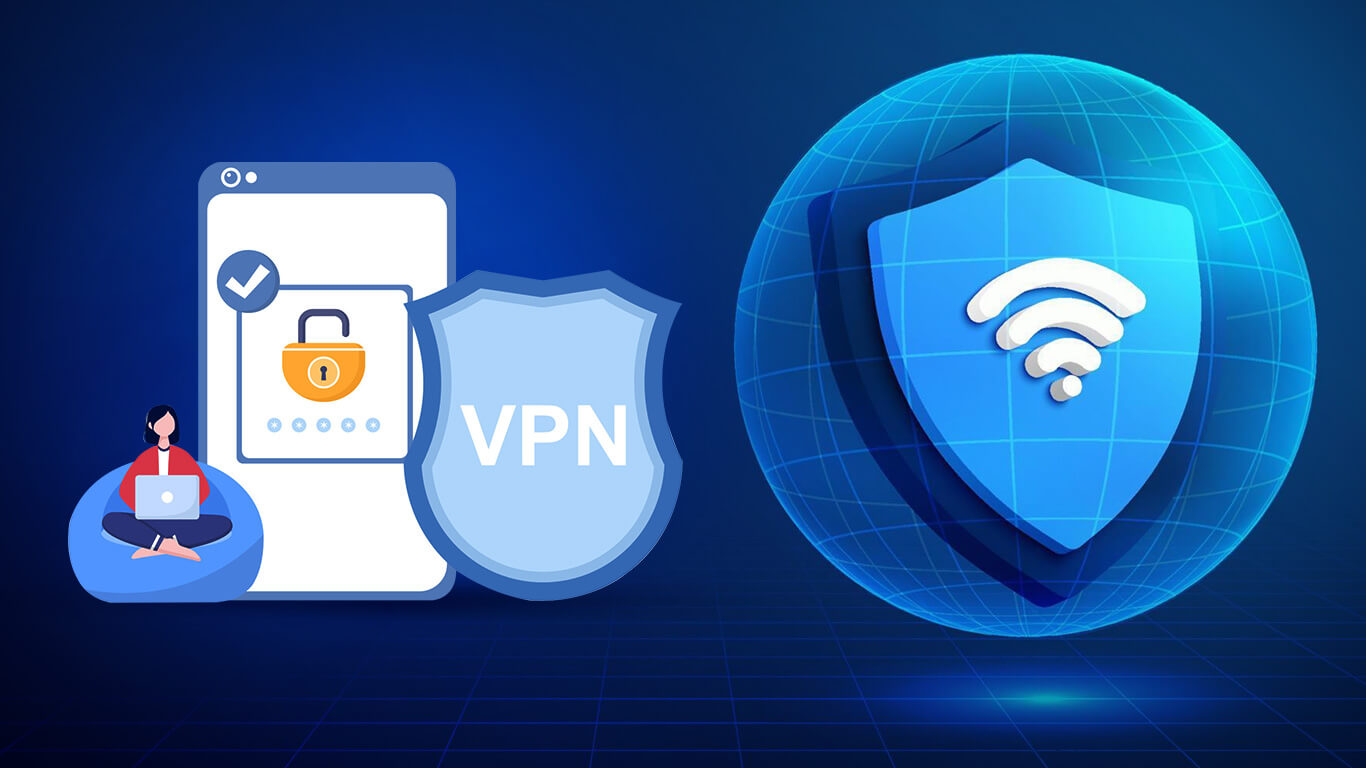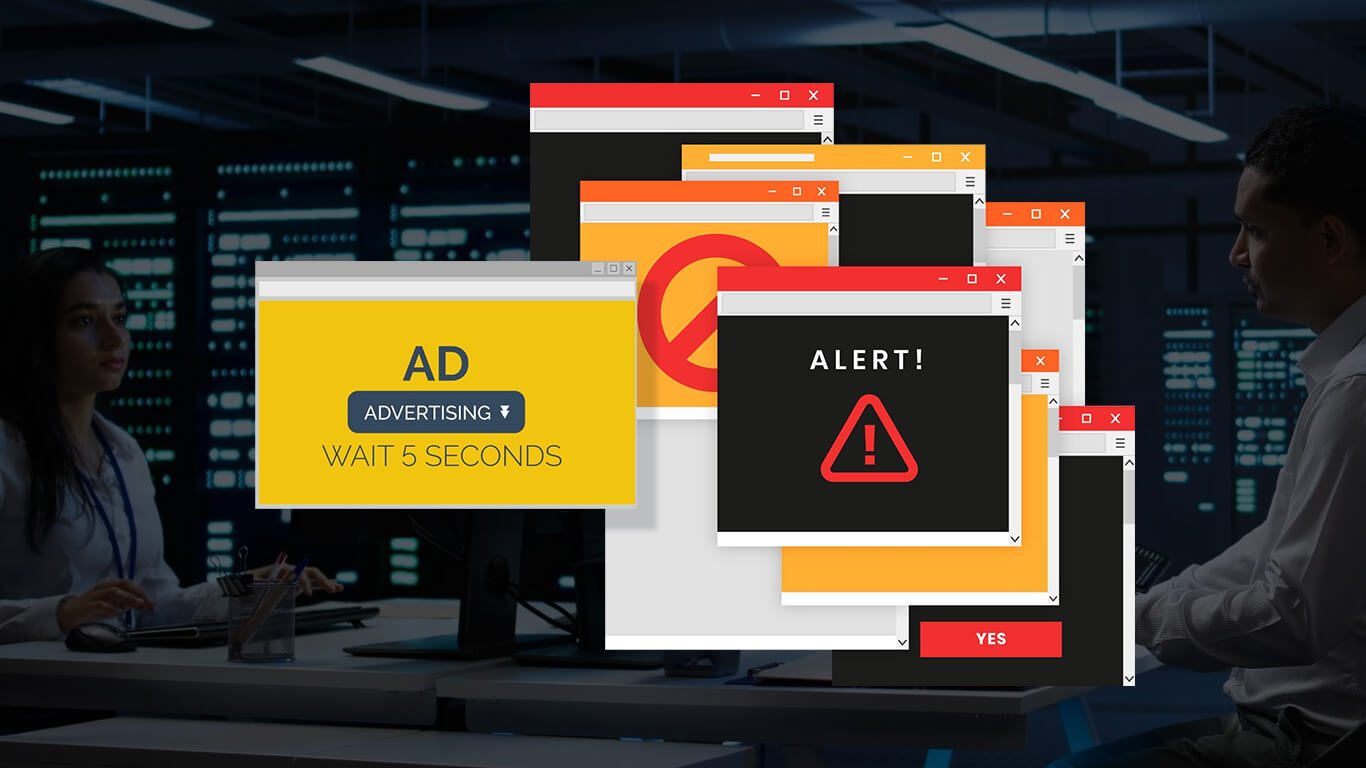Can You Ever Still Be Tracked If You’re on a VPN?? Yes, Though Harder

A VPN, or Virtual Private Network, is a tool that hides your IP address and encrypts your internet traffic. In simple terms, it makes your online activity more private, like putting a mask on your digital footprint.
VPNs are more popular than ever in 2025. Remote work is standard now, and people want secure connections when logging into company networks from home, coffee shops, or airports. Streaming services from other countries is another big reason, VPNs can unlock content that’s normally geo-blocked. Many users also rely on them to avoid ultra-targeted ads, and public Wi-Fi safety is a top priority.
Here’s a telling statistic: a 2024 survey by GlobalWebIndex found that over 35% of internet users worldwide had used a VPN in the past year, up from just 24% in 2021. This shows how much people care about online privacy, but it also raises an important question: can a VPN be tracked?
Can You Be Tracked if You Use a VPN? (Straight Answer)
Yes, you can still be tracked with a VPN, but it’s much harder. A VPN hides your IP and encrypts your internet traffic, which makes it tough for hackers, ISPs, or anyone on public Wi-Fi to see what you’re doing. Even if someone intercepts your connection, all they’ll see is scrambled data.
That said, VPNs don’t make you invisible. Websites and apps, like Google, Facebook, TikTok, Netflix, or Steam, can still track your behavior if you’re logged in. They use cookies, account activity, and even browser fingerprinting to recognize your device. Data brokers can also combine pieces of information from multiple sources to build a profile on you.
Law enforcement can trace VPN users in certain cases. If the VPN provider keeps logs, authorities can request them to identify specific activity. This is why law enforcement can track VPN in some situations. Choosing a VPN with a strict no-logs policy makes tracking much harder.
A VPN adds a strong layer of privacy, but it’s not a full shield. You’re safer, but not invisible online.
What a VPN Actually Protects
A VPN is a useful privacy tool, and here’s what it does well:
Hides your IP and masks your location
Your traffic looks like it’s coming from the VPN server rather than your home. This makes it harder for anyone to pinpoint you. Someone trying to figure out how to trace a VPN IP address would have a tough time. VPNs also help bypass geo-restrictions, letting you stream shows, access apps, or visit websites only available in other countries.
Encrypts your traffic
Public Wi-Fi at coffee shops, airports, or hotels can be risky, but VPN encryption keeps your passwords, emails, messages, and browsing activity safe from hackers. This makes VPNs especially useful for remote work.
Prevents ISP tracking
Your internet provider won’t log your browsing or sell your data, keeping advertisers from profiling you.
Keeps your connection safer in public places
Even if someone is trying to intercept your traffic, they’ll only see scrambled information.
What a VPN Can’t Hide
Even the best VPN has limits. Here’s what it doesn’t cover:
Account activity on websites and apps
Logging into Google, Facebook, TikTok, or Netflix still leaves a trail. Platforms know what you do inside your account, so VPN can track your activity within logged-in accounts is still visible.
Cookies and trackers
VPNs don’t block these, so websites can still follow you unless you clear cookies or use tracker-blocking tools.
Browser fingerprinting
Sites can recognize your device based on settings, installed plugins, fonts, or screen resolution. Even if your IP is hidden, this type of tracking can still identify you.
VPN provider practices
Free or low-quality VPNs might log or sell your data. Paid providers with strict no-logs policies are safer.
Law enforcement tracing
If connection logs exist, authorities can sometimes identify users.
Location detection
VPNs hide your IP, but apps and websites can still detect your general location using GPS, Wi-Fi, or other signals. So even with a VPN, it’s still possible for tracking your location via VPN in certain situations.
Everyday Scenarios in 2025
Here’s how VPNs could work in day-to-day situations:
Remote work
VPNs encrypt your connection and secure sensitive company data. But employers may still monitor logins, app usage, or time spent on tasks. Your connection is safe from outsiders, but internal monitoring continues.
Streaming & gaming
VPNs unlock geo-blocked content and can sometimes reduce lag by connecting to faster servers. However, account activity, like Netflix watch history or Steam purchases, remains visible to the platforms, so while a VPN adds privacy, tracking with a VPN is still possible within logged-in accounts.
Online shopping
VPNs can help avoid location-based pricing by masking your IP. However, if you log into your accounts, stores can still track purchases, preferences, and behavior.
Public Wi-Fi
VPNs add strong protection from hackers and snoopers. But they can’t protect you from phishing scams, malicious apps, or users tricking you into revealing credentials.
There’s No Such Thing as Absolute Privacy Online
VPNs are an essential privacy tool, especially in 2025 when AI-driven ads, tracking, and data collection are everywhere. They make it harder for hackers, ISPs, and advertisers to follow you online.
But remember: VPNs don’t make you invisible. Platforms can still track your activity, and law enforcement may be able to trace VPN users in certain cases.
The key is layering your privacy measures: VPN + smart browsing habits + privacy-focused tools.
The takeaway: a VPN makes tracking harder and increases your privacy, but you can still be tracked with a VPN. Think of it as one piece of a full privacy strategy rather than a magic cloak.


